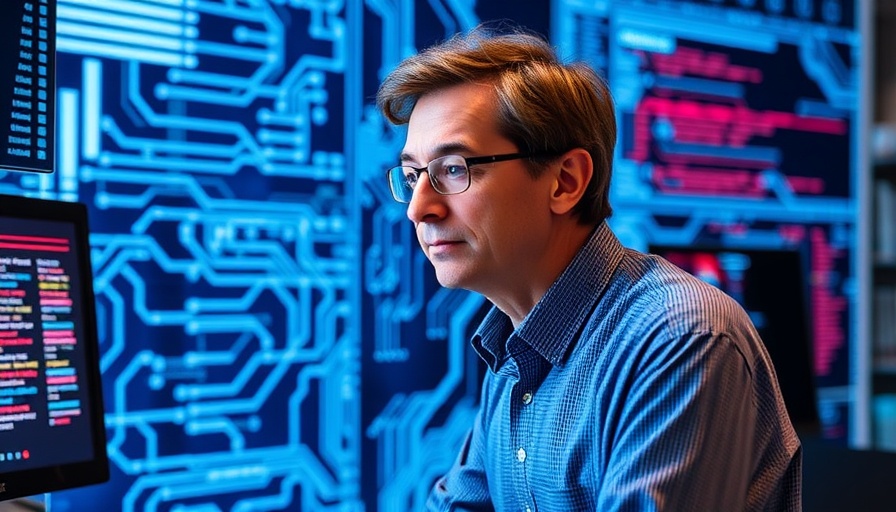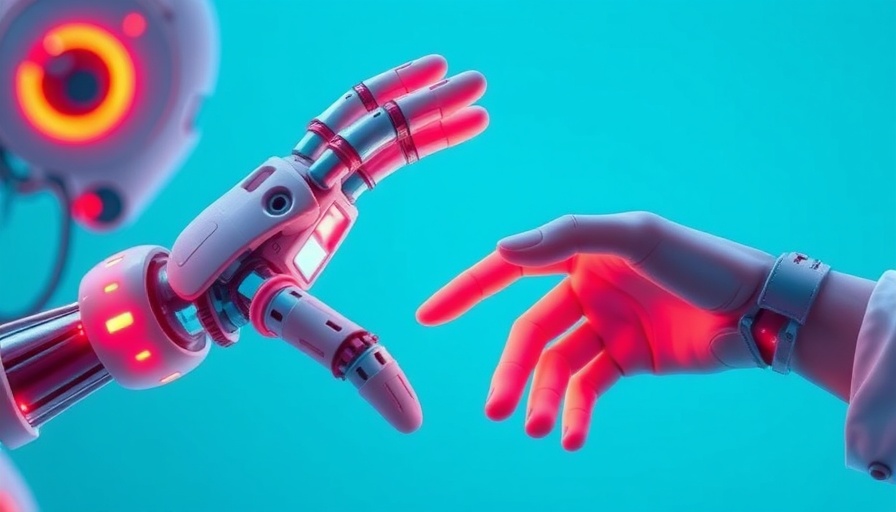
A Landmark $1.5 Billion Settlement in AI and Copyright
The AI startup Anthropic has recently agreed to pay a staggering $1.5 billion to settle a lawsuit initiated by authors alleging copyright infringements. This lawsuit stems from accusations that Anthropic used pirated copies of their works to train its chatbot model, Claude. If confirmed by a district judge, the settlement could set precedents not only for Anthropic but also for the broader AI industry amidst escalating legal battles over copyright.
Why Authors are Concerned About AI Practices
As AI technology advances, the reliance on existing literature to train models becomes increasingly problematic for authors and content creators. Books represent a rich data source that AI systems like Claude leverage for their learning processes. With Anthropic reportedly downloading over 7 million books, mostly from piracy sites, the ethical and legal implications are concerning. Failure to manage copyright issues properly could endanger authors' rights and livelihoods.
Potential Impact on the Future of AI and Copyright Law
Legal experts, including those representing the authors, suggest that this settlement could redefine how copyright laws function in the AI landscape. Justin Nelson, an attorney for the authors, claimed it might be “the largest copyright recovery ever.” With predictions that losing the case could cost Anthropic significantly more, the company opted for a settlement as a way of averting disaster.
What This Means for the Industry
This settlement isn't just a win for authors but could also serve as a wake-up call for AI companies that rely on copyrighted materials. As similar lawsuits emerge, organizations in the AI space will need to reassess their data sourcing methods and establish ethical guidelines that respect the rights of original creators. This adds a new layer of complexity for developers and stakeholders moving forward.
What You Can Learn From This Case
If you're someone fascinated by how AI is reshaping creative industries, understanding the nuances of copyright in AI training can be essential. This landmark case sheds light on the ethical frameworks necessary for responsible AI development and helps demystify the relationship between technology and intellectual property. For students and newcomers intrigued by AI, this serves as a practical case study to explore the broader implications of cutting-edge technology on societal norms.
As AI continues to evolve, remaining updated on ethical standards and copyright implications will be crucial. Engaging with these conversations will not only expand your knowledge but also help shape a more respectful technological future.
 Add Row
Add Row  Add
Add 




Write A Comment